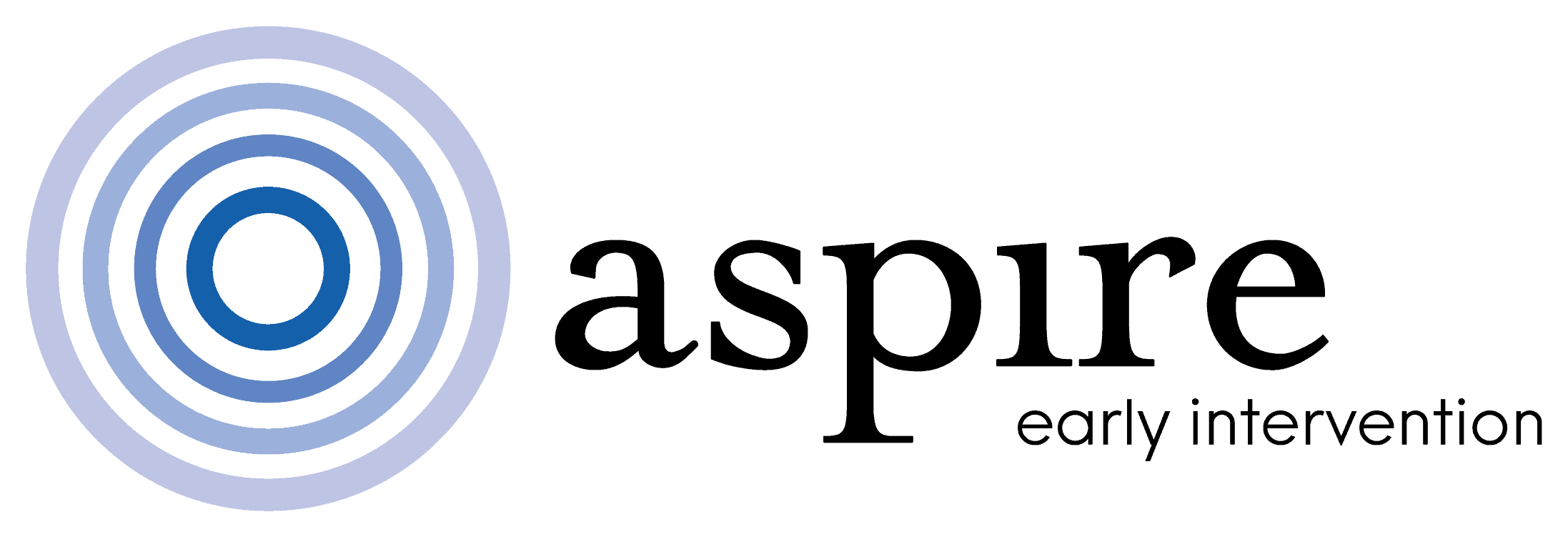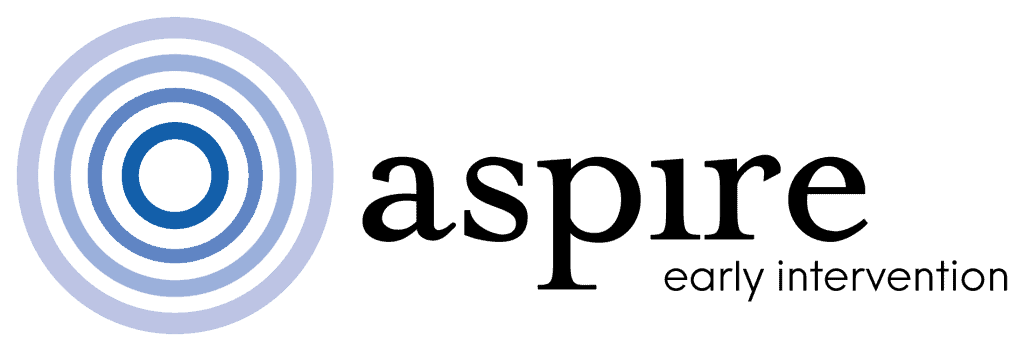Autism, or Autism Spectrum Disorder (ASD), is a developmental condition that affects communication and behaviour. Autism encompasses a broad range of experiences with varying characteristics and early signs. As each person’s experience is different and unique to them, there are a variety of support options for individuals and their families.
The Fast Facts
- Autism spectrum disorder (ASD) is a diverse neurological and developmental condition that affects communication and behaviour.
- Some key traits of autism include differences and challenges with social communication, and repetitive behaviours. These can affect daily life and interactions for the individual and their family.
- Studies have shown that early diagnosis and intervention are essential for better outcomes.
- Various therapies and support are available that cater to each child’s needs based on their individual experiences and family needs.
Defining Autism Spectrum Disorder (ASD)
Autism spectrum disorder (ASD) is a lifelong condition that presents as a wide range of symptoms and severity, hence the term ‘spectrum’ disorder. Each person has their own experiences with how Autism impacts their communication, learning, and behaviour in their home, learning environment and the community.
The DSM-5 now defines ‘autism spectrum disorder’ as including conditions once considered a separate diagnosis, such as autistic disorder, Asperger syndrome and pervasive developmental disorder not otherwise specified (PDD-NOS).
The grouping of these conditions is credited to progress in autism research and the refinement of diagnostic criteria. Many believe this better reflects a broader understanding of the condition and helps make support services accessible.
Autistic children and adults may face challenges in social communication and exhibit repetitive behaviours, but the impact on their daily lives can vary widely. Some may require significant support, while others have milder symptoms and lead independent lives with little intervention.
Recognising this diversity is important for providing effective support tailored to each person’s needs.
Characteristics of Autism
Autism Spectrum Disorder in children is characterised by a combination of difficulties in social communication, behaviour, the presence of repetitive behaviours and restricted interests. As we know, these traits can vary widely, reflecting the condition’s diverse manifestations.
Social Communication Challenges
Many autistic children struggle with social communication, finding it hard to express and understand emotions, facial expressions and gestures. These challenges can add an extra layer of complications to their everyday life and social interactions. Many people with Autism report that misinterpreting nonverbal signals such as eye contact and body language often leads to misunderstandings.
Generally, individuals on the autism spectrum may find it difficult to pick up on and translate subtleties of conversation and interactions, such as implied meanings or jokes. This can make engaging in reciprocal conversations and forming social connections challenging, contributing to feelings of isolation despite a desire for social interaction.
Repetitive Behaviours and Restricted Interests
Autistic children and adults alike often exhibit repetitive behaviours and restricted interests, which serve as coping mechanisms for managing stress or sensory input. Also known as ‘stimming’,’ some common repetitive behaviours include hand-flapping, rocking, or repeating phrases. These actions, while sometimes misunderstood, provide comfort in stressful situations.
Restricted interests, or special interests are when autistic individuals show intense focus on certain specific topics or activities—this can sometimes be at the exclusion of other interests. Some examples could be a deep passion for subjects like trains, insects, dinosaurs, or computers. These special interests can also be a source of immense knowledge and skill development.
Early Intervention
Recognising early signs of autism spectrum disorder is key for timely diagnosis and intervention. Symptoms typically appear within the first two years of life, with some signs observable before one year of age.
As we have seen with our Aspire families and cases across the world, early intervention can significantly improve outcomes for autistic children. This makes it vital to identify and address developmental concerns as soon as parents, caregivers or educators notice any areas of concern.
Diagnosing autism involves a combination of behavioural evaluations, developmental history, and standardised tests. This comprehensive and layered approach helps specialists accurately diagnose so they can make tailored interventions available that suit the child’s unique needs.
Recognising Early Signs
Early signs of autism in children can include differences in:
- Maintaining eye contact or social referencing
- Responding to their names
- Interpreting non-verbal cues such as body language or facial expressions
These signs often become more noticeable and impact interactions between ages 2 and 3. Autistic children may also show limited interest in social interactions and not engage with others in the same way as their peers.
Other indicators may include atypical communication patterns, such as not consistently responding when called by their name or limited joint attention. They may also have reduced motivation to interact, approach and play with a wide range of toys but rather choose to interact in very limited ways with a few toys. Recognising these early signs of autism in children can lead to a timely diagnosis and access to support services which is essential for aiding a child’s development.
Diagnostic Process
Diagnosing autism typically involves a thorough evaluation by specialists, including:
- Parent interviews
- Direct observation
- Standardised tests
These assessments help us build a comprehensive picture of the child’s developmental history, milestones and behaviours. This guides us through the formal autism diagnosis process and helps evaluate which support services the child will benefit from the most.
More specifically, the DSM-5 provides the criteria for diagnosing autism spectrum disorder, focusing on specific behaviours and developmental history. This structured approach ensures an accurate diagnosis and that the child receives appropriate interventions and support.
Risk Factors and Causes of Autism
Research indicates that genetic factors play a significant role in the risk of developing autism. Parents with one autistic child have a 20% likelihood of having another child on the spectrum. While autism is more commonly diagnosed in males, it can affect individuals of any gender. Recent studies and observations have shown that girls often unknowingly ‘mask’ their symptoms, which leads to delayed diagnoses.
Other risk factors include genetic disorders like Fragile X syndrome, low birth weight, and advanced parental age. Understanding these factors can aid early diagnosis and intervention, providing better support for affected families.
Interventions and Support for Children With Autism
Early detection and early intervention services help autistic individuals develop essential skills and manage challenges when they have the greatest impact. These interventions are most effective when tailored to the child’s unique needs and strengths, aligning their support plan to the goals set out by their therapy team and family.
Behavioural Interventions
Behavioural interventions, such as Applied Behaviour Analysis (ABA), are evidence-based practices designed to support autistic children in developing social skills and managing repetitive behaviours. The key characteristics of these interventions involve breaking down tasks into smaller parts and using positive reinforcement to encourage desired behaviours.
Early treatment and therapy like ABA can significantly improve a child’s behaviour and social interactions. While some interventions may involve medication, behavioural therapies remain a cornerstone for many families seeking to support their child’s development.
Speech Therapy
Speech therapy aims to improve communication abilities, helping autistic children enhance their verbal skills and engage more effectively in social interactions. This therapy is crucial for addressing social communication challenges often faced by autistic individuals.
Occupational Therapy
Occupational therapy focuses on developing daily living skills and addressing sensory processing issues. These therapies help people with autism navigate everyday tasks and improve their overall quality of life by increasing their independence.
Family Support and Training
Family support and training are integral parts of effective autism interventions and form the basis of our therapies at Aspire. Programs like our First Steps program involve coaching parents to actively participate in their child’s therapy. This approach ensures consistent interventions and reinforcement at home as well as helping parents feel they are actively participating in the support of their children.
Regular communication between families and intervention teams is vital for tracking progress and adjusting strategies as needed. This collaborative approach empowers families, carers and educators to support their child’s development effectively.
Get Help from the Experts at Aspire Early Intervention
At Aspire Early Intervention, we offer comprehensive services designed to support children with autism while focusing on personalised care and collaboration with families. Our programs are grounded in evidence-based practices, meeting the highest standards of care and effectiveness.
Aspire provides various programs and services, such as the First Steps program and Early Intensive Behaviour Intervention (EIBI), tailored to each child’s unique needs. These programs emphasise early diagnosis and treatment, both of which are crucial for successful outcomes.
Our Programs and Services at Aspire Early Intervention
The First Steps program at Aspire is a 12-week initiative designed for early intervention, focusing on individualised sessions and extensive parent training. This program introduces techniques tailored to each child, helping set a strong foundation for their development.
- Supervised by a certified behaviour analyst or Board Certified Behaviour Analyst
- Focuses on essential behaviours and skills
- Helps children develop the tools they need for daily living
The Early Intensive Behaviour Intervention (EIBI) program at Aspire is a comprehensive initiative designed to be delivered in-home, at preschool, or in-clinic by a small team of practitioners. This program focuses on individualised therapy sessions, aiming to promote pro-social behaviour while reducing barriers to learning.
- From 12 to 20 hours per week in our clinic, school, home and community
- Supervised by a program manager
- Incorporates Functional Behaviour Assessments (FBA)
- Helps children learn to make choices, be independent, and advocate for themselves
We Work in Collaboration with Families
At Aspire Early Intervention, we prioritise collaboration with families. Ensuring parents are equipped with the skills and knowledge to support their child’s development has been crucial to the success of our families and their goals. Regular coaching sessions and team meetings facilitate collaborative goal-setting between families, therapists and educators, enhancing the effectiveness of our intervention strategies.
We empower parents to actively engage in their child’s educational and developmental journey by providing training and tools. This family-centred approach ensures consistent and effective interventions, fostering a supportive environment for the child’s growth. Want to learn more about how we can help? Schedule a consultation today!
Common Misconceptions About Autism
Many misconceptions about autism lead to misunderstanding and stigma.
One dangerous and prevalent myth is that vaccines cause autism; extensive research shows no link between vaccinations and autistic conditions. Another misconception is that autism is caused by bad parenting, which has been thoroughly debunked.
The myth that all autistic individuals possess special talents or are anti-social is also untrue. While some may have extraordinary abilities, many have a mix of strengths and challenges.
Debunking these myths is important for fostering a more inclusive society.
Prevalence and Awareness of Autism
Globally, the average prevalence of autism is estimated at about 1 in 100 children. However, reported prevalence rates can differ significantly depending on the region. In many low-income and middle-income countries, autism prevalence remains largely unreported. This further highlights the need for improved awareness and diagnostic practices globally.
Increased awareness and better diagnostic practices have contributed to higher reported rates of autism in recent years. This recognition is essential for ensuring that autistic individuals receive the best support and interventions available to help them thrive and live independent lives.
The takeaway
Understanding that autism is a multifaceted experience, the varied characteristics, early signs, diagnostic processes, and effective interventions can significantly improve the lives of autistic individuals. By recognising the diversity within the autism community, we can better support and celebrate the unique strengths and challenges of autistic people.
Aspire Early Intervention plays a pivotal role in this journey, offering comprehensive services and collaborating closely with families to provide personalised and evidence-based support. Through increased awareness and debunking of common misconceptions, we can foster a more inclusive and supportive society for all.
Frequently Asked Questions
What is Autism Spectrum Disorder (ASD)?
Autism spectrum disorder (ASD) is a neurological and developmental disorder that impacts communication, learning, and behaviour, presenting a variety of symptoms and severity levels across individuals. Understanding its spectrum nature is crucial for proper support and intervention.
What are the early signs of autism in children?
Early signs of autism include challenges with eye contact, difficulty responding to their name, trouble interpreting non-verbal cues, and a limited interest in social interactions. Recognising these signs early is crucial for timely intervention.
How is autism diagnosed?
Autism is diagnosed through a comprehensive evaluation that includes behavioural assessments, developmental history, and standardised tests, following criteria set in the DSM-5. This thorough process ensures an accurate diagnosis for effective support.
What interventions are available for autistic individuals?
Interventions for autistic individuals primarily include Applied Behaviour Analysis (ABA), speech and occupational therapy, along with family support programs. These therapies focus on enhancing social communication, daily living skills, and overall quality of life.
What is Aspire Early Intervention, and what services do they offer?
Aspire Early Intervention is a premier autism therapy provider in Australia, offering services such as the First Steps program and Early Intensive Behavioural Intervention (EIBI). Their approach emphasises personalised care and active collaboration with families to support children’s development.




